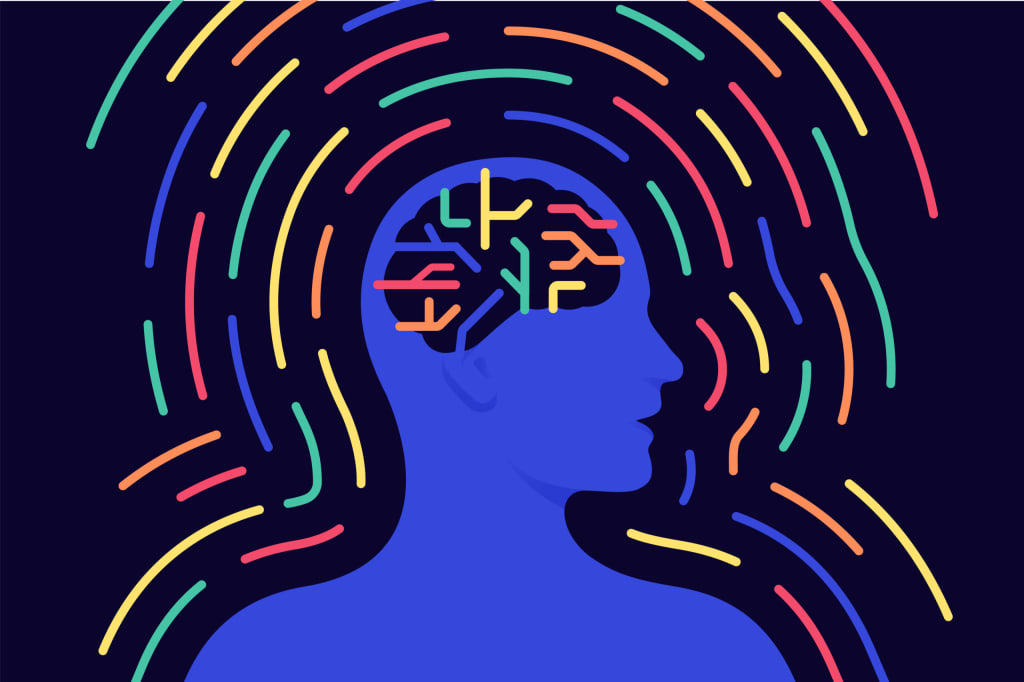The Mind-Body Connection
Exploring the Link Between Physical and Mental Health and How to get a better Physical and Mental Health

In today's fast-paced world, where stress and sedentary lifestyles are prevalent, understanding the connection between physical and mental health is more important than ever. This article delves into the intricate relationship between our physical and mental well-being, highlighting the crucial role of exercise, nutrition, sleep, and stress management in maintaining a healthy mind and body.
1. The Impact of Exercise on Mental Health
Regular physical activity has a profound effect on mental well-being. Exercise releases endorphins, the body's natural mood-enhancing chemicals, which reduce stress, anxiety, and depression. Engaging in physical activity also improves cognitive function, boosts self-esteem, and promotes better sleep patterns. From cardiovascular exercises to strength training and mind-body practices like yoga, each form of exercise offers unique benefits for both the body and mind.

2. Nourishing the Mind and Body with Nutrition
Proper nutrition plays a vital role in supporting mental health. A well-balanced diet that includes nutrient-rich foods, such as fruits, vegetables, whole grains, lean proteins, and healthy fats, provides the necessary fuel for the brain and body. Certain nutrients, like omega-3 fatty acids, B vitamins, and antioxidants, have been linked to improved mood, cognitive function, and overall mental well-being. On the other hand, a poor diet high in processed foods, sugar, and unhealthy fats can contribute to inflammation, mood swings, and increased risk of mental health disorders.

3. The Restorative Power of Sleep
Quality sleep is essential for optimal physical and mental functioning. During sleep, the body repairs and rejuvenates itself, while the brain consolidates memories and regulates emotions. Chronic sleep deprivation can lead to impaired cognitive function, mood disturbances, increased stress levels, and compromised physical health. Adopting good sleep hygiene practices, such as maintaining a consistent sleep schedule, creating a conducive sleep environment, and practicing relaxation techniques, can help improve sleep quality and promote overall well-being.

4. Managing Stress for Mental and Physical Health
Stress is an inevitable part of life, but chronic stress can have detrimental effects on both our mental and physical health. Prolonged stress increases the risk of developing mental health disorders, weakens the immune system, and contributes to the onset of various physical conditions. Implementing stress management techniques, such as mindfulness meditation, deep breathing exercises, engaging in hobbies, and seeking social support, can help mitigate the harmful effects of stress and promote overall well-being.

5. Holistic Approaches to Mind-Body Wellness
Recognizing the interconnectedness of our physical and mental well-being, holistic approaches are gaining popularity. Practices like mindfulness-based stress reduction, tai chi, and integrative medicine combine elements of physical activity, mindfulness, nutrition, and stress management to promote overall mind-body wellness. These approaches emphasize the importance of a comprehensive lifestyle that addresses all aspects of our well-being.

The mind-body connection is a powerful and intricate relationship that underscores the importance of taking a holistic approach to health. By prioritizing regular exercise, proper nutrition, quality sleep, and effective stress management, we can nurture our physical and mental well-being. Acknowledging the interplay between these factors and adopting a balanced lifestyle enables us to lead happier, healthier lives. Embracing the mind-body connection empowers us to take charge of our well-being and unlock the full potential of a harmonious and thriving existence.
Furthermore, it is essential to recognize that the mind-body connection is a dynamic and bidirectional relationship. Just as physical health influences mental well-being, our thoughts, emotions, and mental state can also impact our physical health. Negative thought patterns, chronic stress, and unmanaged emotions can manifest as physical symptoms or contribute to the development of physical ailments.
Ultimately, embracing the mind-body connection is about recognizing the profound impact our lifestyle choices have on our overall well-being. It is a call to action to prioritize self-care, engage in activities that promote both physical and mental health, and nurture a positive and harmonious relationship between our bodies and minds. By doing so, we can unlock the full potential of our well-being and lead lives that are vibrant, balanced, and fulfilling.
About the Creator
Kenneth Argüello
Welcome to my page! In this space Ill be sharing my passions and curiosities






Comments
There are no comments for this story
Be the first to respond and start the conversation.